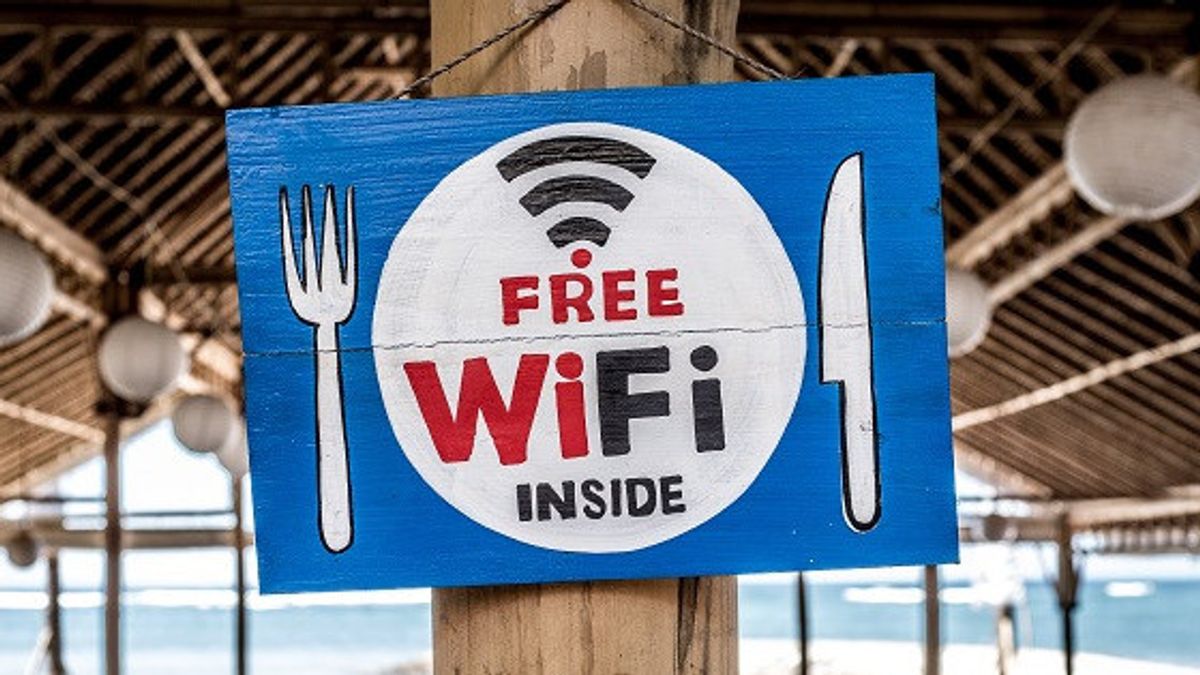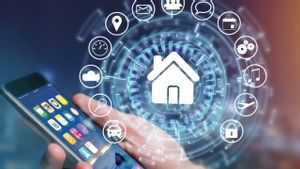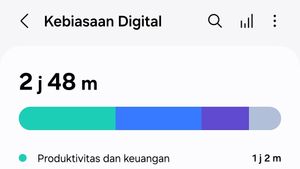JAKARTA - The emergence of a long-distance work policy is hybrid, making employees no longer required to go to the office. They can work anywhere (WFA), but there are things to watch out for such as the use of public WiFi networks.
Usually when outside the home or office, employees are more comfortable using public WiFi, where apart from being free, this network is also accessible and can be used for anyone.
As the name suggests, public WiFi means the network is open to anyone, but the data transferred is not as secure as in your home or office network.
For that, you need to follow the steps below before using public WiFi, where your data privacy should be protected from hackers.
Tips For Using Public WiFi Safely
1. Avoid Login with Main Email
Not a few public WiFi networks need your information to register to be able to use it. This data can be in the form of an email address or even your phone number.
If you don't want to risk the company providing WiFi will save your data or use it for marketing purposes, consider using another email address other than the main one.
Some networks will also ask you to set up a password to use WiFi. If so, don't use the same password as the one you use for other accounts, especially if the password is related to your email address.
You should also pay attention to what data you share on public WiFi networks and you should avoid using public networks if you need to do anything that involves sharing sensitive information, such as usernames, passwords, and bank details.
2. Get Out of the WiFi Network when you finish using it
Your device may reconnect automatically in the same place at different times. You may believe the network is secure, but it may not.
To help you stay safe, set your device to decide on the network used previously -- or at least select the option not to reconnect automatically.
Then, you can choose to manually reconnect to the network, but only after you are sure you want to connect.
3. Use VPN
Sometimes using WiFi on public networks is inevitable. But even if you believe the network is legal and safe to use, there are additional steps you can take to help keep your information safe, using a virtual private network (VPN).
VPN provides two main services to maintain the confidentiality and security of your information. First, they encrypt your data. It's useful on public WiFi networks because most of them are unencrypted.
Using VPN, it is difficult for network operators -- or anyone who tries to use the network with malicious intent, to see what information you send and receive. Second, they can also disguise your IP address, hide your geographic location.
4. Better Use Your Phone Hotspot
If you hesitate to use public WiFi, there are other alternatives to get an internet network, by turning your smartphone into a WiFi hotspot and compressing it.
Connecting to the internet via cellular data on your smartphone is safer than using public WiFi. This trend develops as 5G smartphones become more common, giving users speeds much faster than public WiFi networks.
If you choose to connect using a hotspot, make sure the connection is secured with a complicated password, so no one else can access it. This was quoted from ZDNet, Monday, April 10.
The English, Chinese, Japanese, Arabic, and French versions are automatically generated by the AI. So there may still be inaccuracies in translating, please always see Indonesian as our main language. (system supported by DigitalSiber.id)













